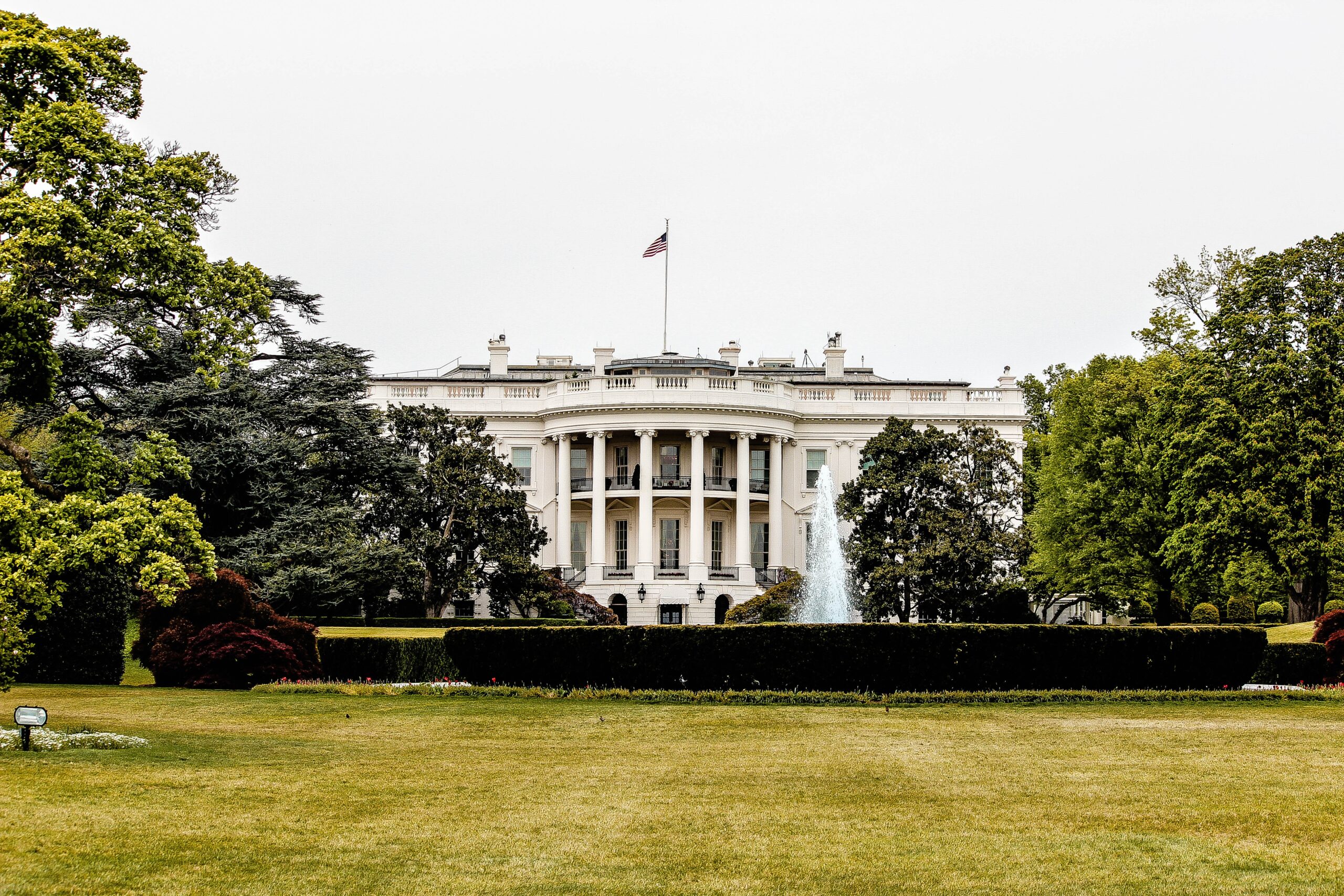The Biden administration has announced the setting up of a new “strike force” that will target unfair trade practices. The announcement comes as the administration revealed the findings of a review of US access to critical products.
The products in the review include medical equipment and pharmaceuticals, semiconductors, and electric vehicle batteries. President Biden ordered the review in February and told all the involved executive agencies to report back within 100 days. Specifically, he wanted a risk assessment of supply chain issues that could affect goods critical to the US, including those used in pharmaceuticals, as well as rare earth minerals.
In an opening shot, US government officials said that the Department of Commerce was already considering beginning a Section 232 investigation into the import of neodymium magnets. These critical components are largely sourced from China and are crucial for use in motor manufacturer and many other industrial applications.
Although the review does not specifically target China, it is seen as part of a broader strategy aimed at shoring up US competitiveness as it faces the economic challenges posed by the country. The agencies involved in the review now have a further year to issue more thorough reports to identify holes in domestic manufacturing capabilities and the steps and policies require to address them.
Shortcomings in manufacturing capabilities were brought to the fore recently when medical supply issues became apparent during the Covid-19 crisis. More recently, severe bottlenecks in critical areas like semiconductors have stalled the production of many goods, with the car industry being particularly badly hit.
The US wants to avoid trade wars with allies
A senior US Government official said the country had faced unfair trade practices from a number of foreign governments. These practices were across all four of the supply sectors covered in the review. Amongst the unfair practices noted were government subsidies and forced intellectual property handovers.
The official said – “Obviously, a number of Chinese industrial policies have contributed to vulnerable U.S. supply chains. I think you are going to see this strike force focusing on feeding into some of our China policy developments.”
He added that the strike force would be focused on very targeted products and – “The United States was not looking to wage trade wars with our allies and partners.”
Officials said that in the short term, little could be done to ease the current computer chip shortage. In a released fact sheet, the Department of Commerce said that they would be working to “facilitate information flow” between users and manufacturers to increase transparency.
The medical sector has seen more positive action to address shortages. The administration is using the Defense Production Act to increase domestic production of up to 100 critical drugs.
Supply bottlenecks facing the construction industry were also addressed. Shortages in lumber and steel are threatening to raise inflation rates, and the administration is to set up a separate task force that will focus on home building and construction, transportation, agriculture and food, and computer chips.
Joe Biden has already stated that China will not become the world’s leading economy on “his watch.” This confrontational attitude towards China is one of the few areas where the President has bilateral support.
This review is seen as a large part of this process and seeks to build a supply base of more diverse partners. It aims at sourcing more crucial components from like-minded allies and fewer from geopolitical competitors.
The government official said – “We’re not going to build everything here at home. But we do have to see more domestic manufacturing capability for key products.”
